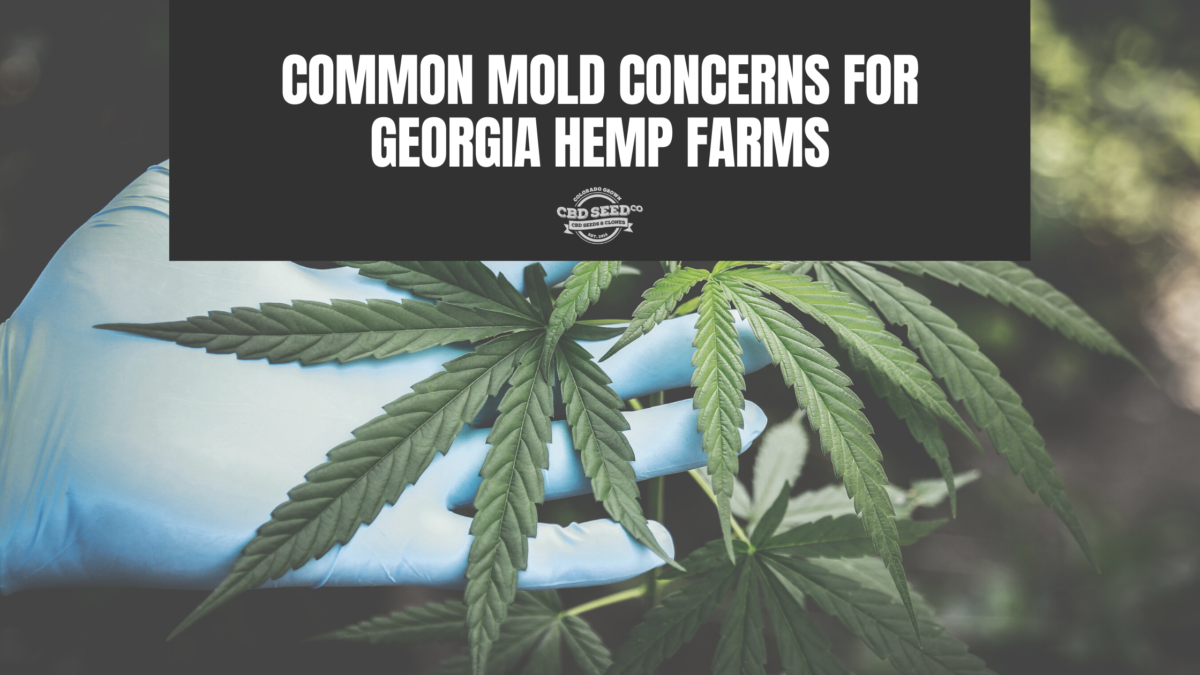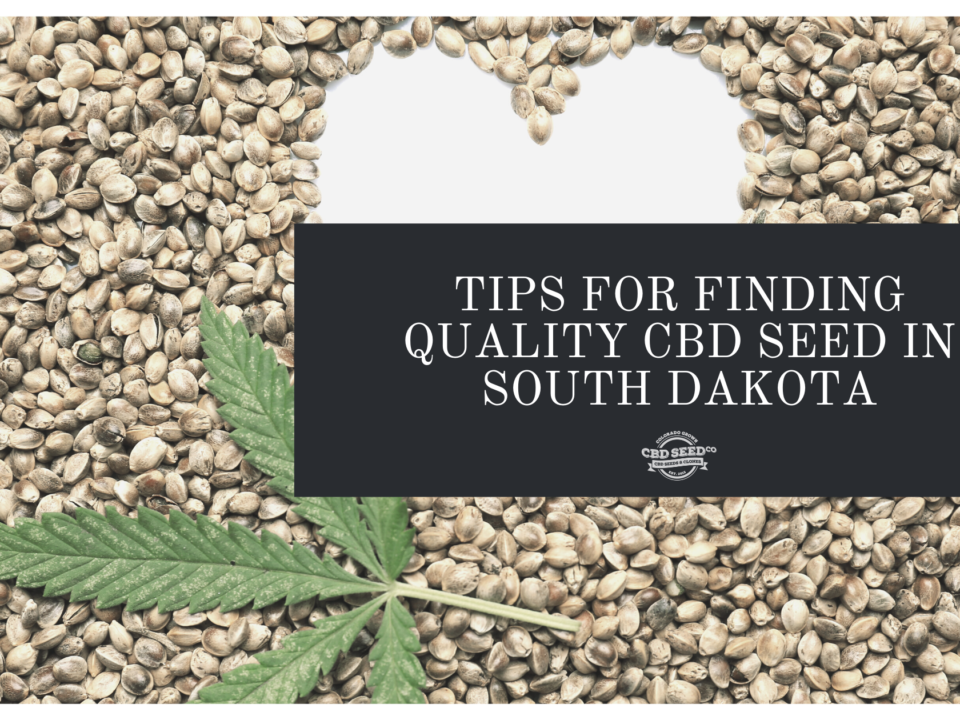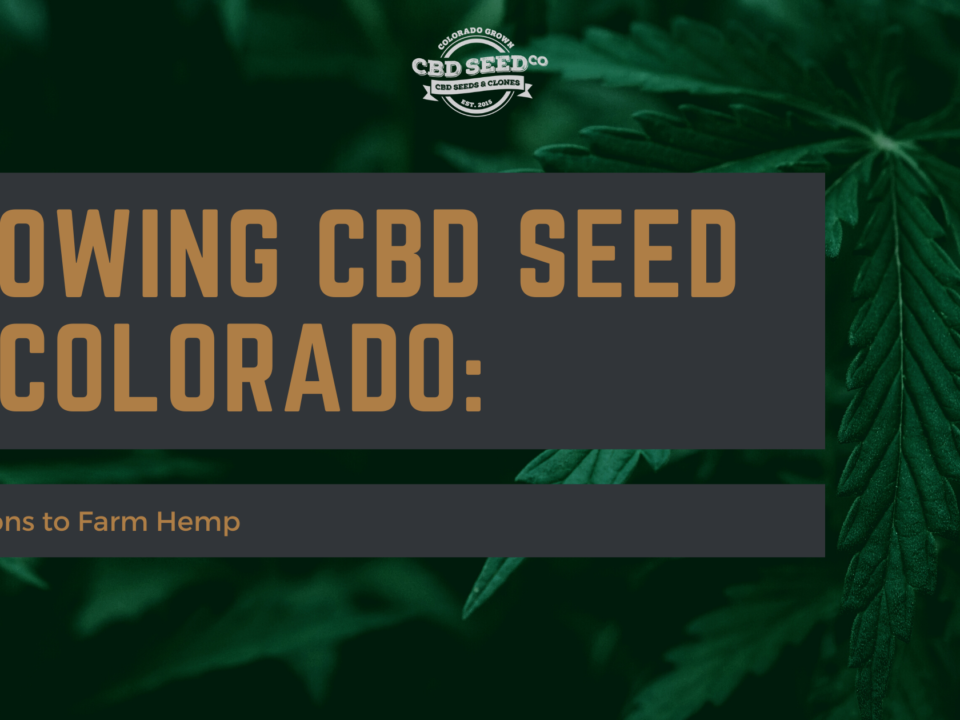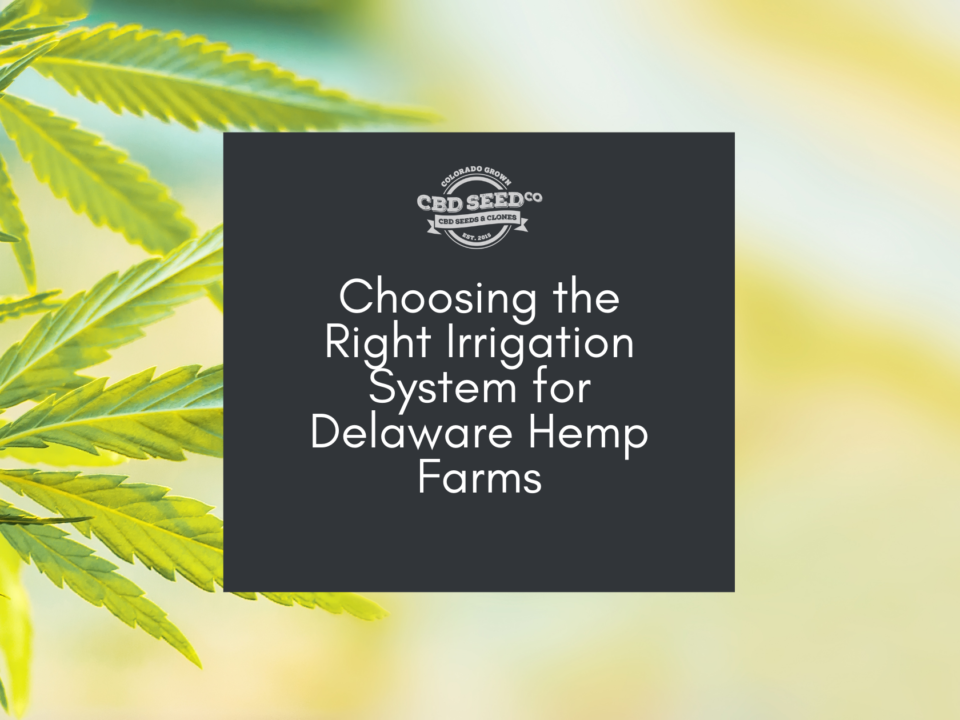Common Mold Concerns for Georgia Hemp Farms

Choosing the Right Irrigation System for Delaware Hemp Farms
January 18, 2021
Growing CBD Seed In Colorado: 10 Reasons to Farm Hemp
February 8, 2021Hemp is known for its high adaptivity and ability to grow in numerous different climates. However, for farmers interested in growing hemp for CBD, there are other factors you’ll need to be aware of. Since this crop is highly regulated, especially in terms of THC content, you’ll need to pay closer attention to your hemp crop needs. While the beautiful, sunny climate here in Georgia can provide an excellent growing environment, there are still things you’ll need to watch out for. Mold concerns can be an issue due to the humidity. Here are common hemp molds to be aware of:
Types of Hemp Mold Common In Georgia Farms
- Sooty mold: Similar to the appearance of soot, sooty mold feeds off of pests and insects that live on your hemp plants. While it doesn’t directly harm your crops, this type of mold prevents adequate sun exposure. This can lead to damaged, weakened plants.
- White mold: White mold often causes brown lesions on the stems of your plants. The lesions create weakened, brittle stems unable to withstand wind and other environmental concerns.
- Gray mold: This is an important one to keep an eye out for since it can ruin your hemp flower. Gray mold enters through wounds or openings, leading to brown or gray-brown spots on wet hemp flower. Be aware that it can attack healthy crops too.
- Powdery mildew: Powdery mildew usually looks like white flour that’s dusted across the tops of your plants. Another symptom can be yellow-to-brown ascomata. Proper plant spacing can help create better airflow for mitigating the risk of this mold.
- Fusarium: Fusarium is one of the reasons why crop insurance can be so important. This mold strikes fast and attacks your crop’s roots, damaging the entire system before you’re able to see symptoms.
Work With Georgia’s Trusted CBD Seed Company
CBD Seed Co. is honored to be the trusted CBD seed company serving the state of Georgia. Our team is comprised of industry-leading hemp farmers that are always available for support. We’re happy to help you find the right genetics and plan for your farm. For more information regarding common hemp molds to look out for, please contact us!





